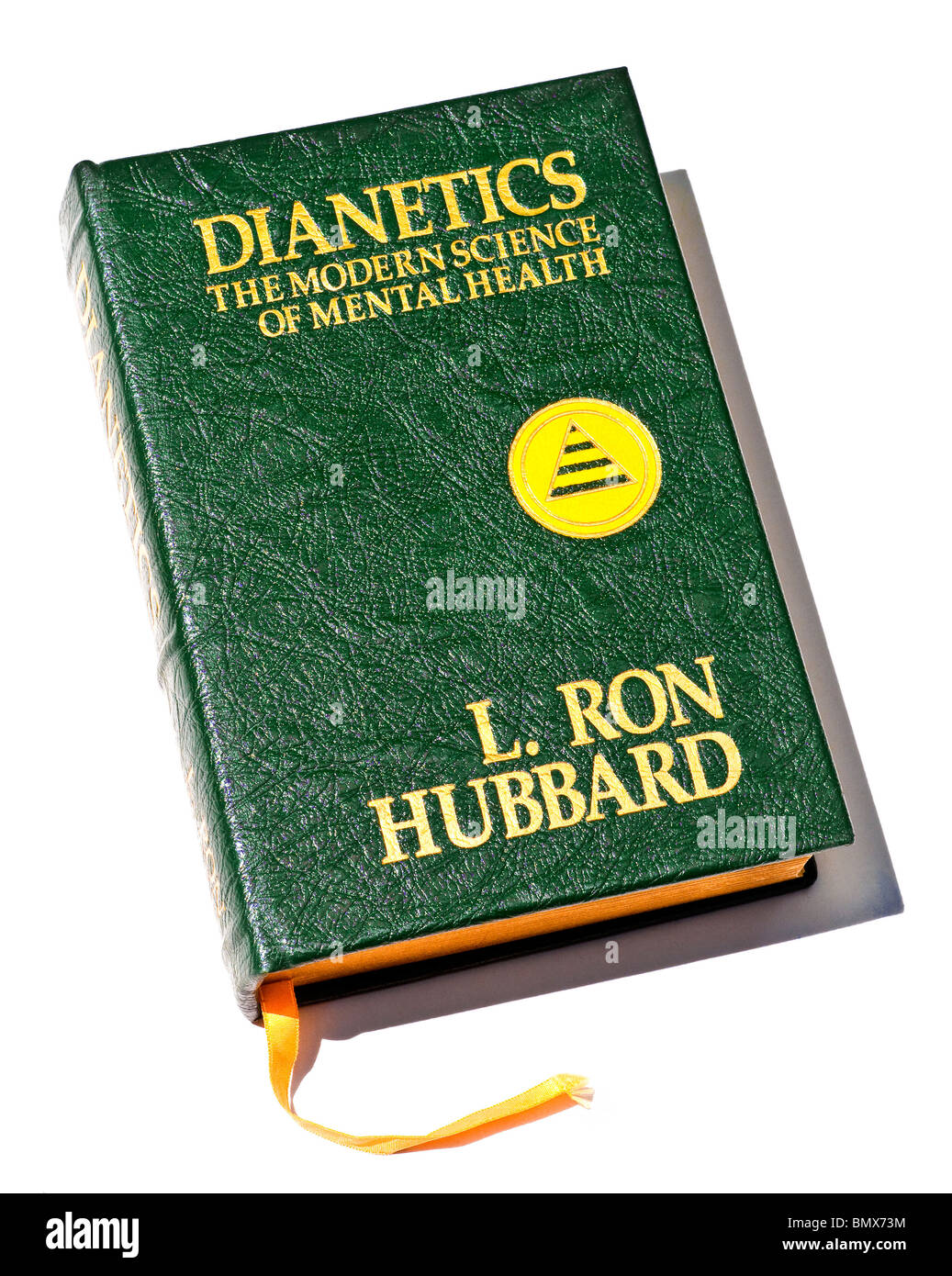6 Easy Facts About Dianetics Described
6 Easy Facts About Dianetics Described
Blog Article
Dianetics for Dummies
Table of ContentsFacts About Dianetics UncoveredWhat Does Dianetics Mean?All about DianeticsThe Facts About Dianetics Uncovered
I could not ever before not wish to obtain anything that enters your mind for you- if it was otherwise, I would not be resting here with you, doing this. I not only might never ever have a problem, or not want to listen to something that enters your mind for you, but I'm completely eager to recognize every concept, every idea, every image or feeling that emerges or materializes for you- don't ever before think or else, and if somehow you do, please simply allow me know! In some cases, you might have an idea, and photo, concept or incident pop up that does not appear to address the question, or associate with it, but however, constantly do inform me regarding it, and as we proceed, the significance will certainly emerge for you.This is intrinsic in the basis of processing, and the subject of this discussion: the standard functions of the therapist and the customer: The basic role of the counselor is, in contrast to "typical training", not to control, which means to impose and/or hinder, yet to instead work from the basis of EMPOWERING THE CLIENT.

10 Easy Facts About Dianetics Described
John Mcmasters expressed this basic reality splendidly well in one of his lectures on Power processing, in which he clarifies just how he was asked what this "unique propensity" was that he had for giving such terrific sessions; he needed to think of that for a minute, and identified that it was what he had not been doing, as well as what he was doing: he had not been assessing, evaluating, computer, or in fact, creating any type of ideas, let alone spoken expressions, after offering the command and while waiting on the PC to finish their solution to their complete satisfaction; he was, just and only, existing with the PC, and completely interested.
The duty of the counselor, demonstrated; that was his "unique propensity". I have actually had my very own experience which educated me this well, really early in the game. In 1982, having actually recently finished my training and internship on New Period Dianetics, I was running this on a COMPUTER, and there was a factor in the session where (being a bit wet behind the ears not yet having many hours under my belt as an expert auditor) the computer appeared to be "taking also long" to share anything vocally after I provided him a command.
This trick became one of the most beneficial payment that John ever before made to the subject of treatment or bookkeeping (Dianetics). In my humble viewpoint, it is the best payment that any individual has actually ever before made to these subjectsthe application is completely non-judgemental, non-evaluative, and this content lacking any kind of recommendation, guidance or opinion.no preconceived agenda for individuals, or 'degrees' that they should do
In Scientology we prided ourselves on not assessing for people. All that actually indicated was that the auditor did not Vocally assess for the PC in session.
The smart Trick of Dianetics That Nobody is Talking About

Anybody that had ever before seen John audit can not assist yet observe an unique top quality in his auditing."The client's basic duty is to be there with the function of moving in the instructions of their spiritual objectives, and to openly and totally express and experience whatever materializes for them in answering the questions and performing the guidelines in the handling.
This is something to process as needed. Yet also, people more helpful hints regularly have previous experience and/or indoctrination in auditing/processing which, in some means, and to some extent, really misinforms them right into attitudes, ideas and behavior patterns that stop the full understanding of these roles, therefore they will certainly have a tendency to hinder the expressing of what enters your mind, as in the instances given above. * The initial, and maybe leading examples of mis-indoctrination bring about less than completely smooth and effective sessions, can be located in specific elements of the training regimens, or "TR's":"TR's" are often an individual's initial, or at the very least early, experience in Scientology, and while I will go on to describe what I see as the flaws in idea and technique, nevertheless, often tend to be considerably restorative, additional resources done as they are given (Hubbard urges that "TR's are not refining, they are training", however factually, they are both handling AND training)
There is no "flunking", and no rejection of the fact of this being processing. The emphasis, as it needs to be, is on experiencing the various other person's existence.
7 Easy Facts About Dianetics Explained

Report this page